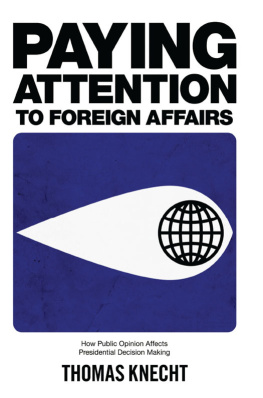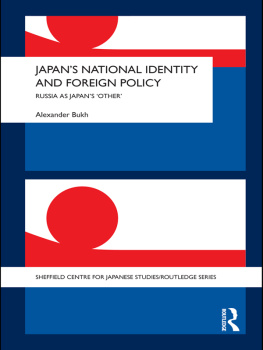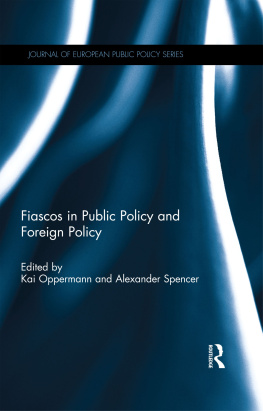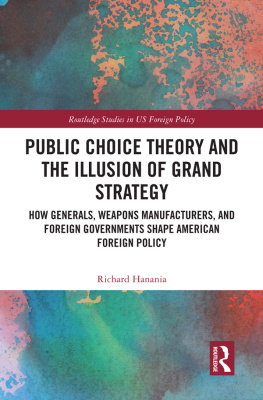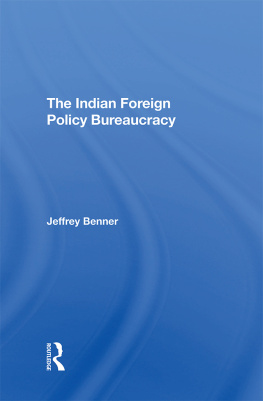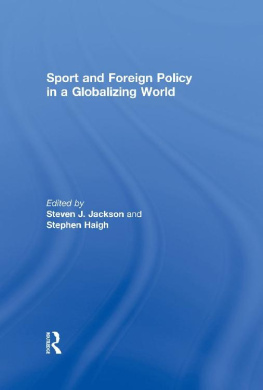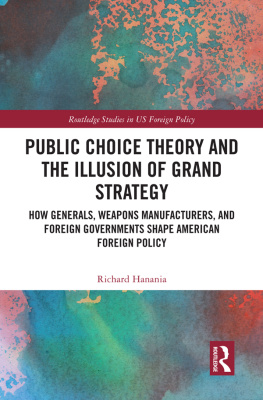Thank you for buying this ebook, published by NYU Press.
Sign up for our e-newsletters to receive information about forthcoming books, special discounts, and more!
Sign Up!
About NYU Press
A publisher of original scholarship since its founding in 1916, New York University Press Produces more than 100 new books each year, with a backlist of 3,000 titles in print. Working across the humanities and social sciences, NYU Press has award-winning lists in sociology, law, cultural and American studies, religion, American history, anthropology, politics, criminology, media and communication, literary studies, and psychology.
Japans International Agenda
Japans International Agenda
Edited by Yoichi Funabashi
A Japan Center for International Exchange Book
New York University Press
New York and London
Copyright 1994 by New York University
All rights reserved
Library of Congress Cataloging-in-Publication Data
Japans international agenda / edited by Yoichi Funabashi.
p. cm.
Includes bibliographical references and index.
ISBN 0-8147-2613-5
1. JapanForeign relations1989 2. JapanForeign economic
relations. I. Funabashi, Yoichi, 1944 .
DS891.2.J38 1994
327.52dc20 93-40004
CIP
New York University Press books are printed on acid-free paper,
and their binding materials are chosen for strength and durability.
Manufactured in the United States of America
c 10 9 8 7 6 5 4 3 2 1
Foreword
Tadashi Yamamoto
In January 1990, the Japan Center for International Exchange (JOE) launched a new, independent research project under the title Japans International Agenda. Involving younger Japanese scholars, this project was intended to provide an indigenous reassessment of Japans national interests in the context of a changing international environment and to promote policy debate on its international role within Japan and in its major partners. Research was to cover eight topical areas of security; relations with socialist countries; macroeconomic policy; structural adjustments; trade policy; economic cooperation; science, technology, and environment; and the relationship of domestic politics to foreign policy.
The project was based on two premises. The first premise was that changes in the international environment and Japans economic success and broad interests require that Japan assume a new international role. In the 1980s, Japan became a truly global economic power, and this happened at a time of increased strains on world systems. The Japan problem school, in fact, links these two developments, arguing that Japans economy and political system are so constructed that Japan cannot be dealt with within the framework of the postwar international institutions. Others see Japan more benignly as a power without purpose. Clearly Japan must realize that it is both possible and necessary for Japan to play a major leadership role in shaping the international institutions of the future.
The second premise was that the Japanese domestic political processes constitute one of the major constraints on Japan in accepting its new international responsibilities. Japans political system, in contrast to its economy, has been slow to change, allowing entrenched groups to protect their interests. Recent political developments have brought the Japanese political system to the brink of crisis, encouraged reform-minded activists within the ruling party, and fostered debate about possible new political alignments. These developments have profound implications for Japans foreign policy that need to be systematically explored. The research, therefore, would also focus heavily on the relationship between domestic political change and a new international agenda. Research in each topical area would address the question of what kind of domestic political change is needed to implement new policies.
Over the past decade, Japan has been examining its international agenda in an exploratory fashion. The effort has been stimulated by external pressures for Japan to assume more financial burdens, and has evolved in a piecemeal and tactical fashion around the question of managing foreign pressures. To date, the exploration of concrete policy alternatives has been largely carried forward by bureaucrats, those traditionally responsible for public policy in Japan. The lack of a clear set of foreign policy objectives, however, has made it impossible for the bureaucracy to play its previous role as the arbiter of public interests. There is increased recognition that in a more pluralistic society, nongovernmental public policy specialists are needed to provide a more integrated and longer-term vision of foreign policy goals.
In this policy environment, we believed, first, that the Japans International Agenda project could make a distinctive contribution to domestic public education and foreign policy debate. Second, we believed the project could also help Japan make substantial contributions to international policy debate on the broad questions of strengthening institutions to preserve security and promote trade and development. Third, we hoped the project would enable scholars and experts in North America, Europe, the Asia-Pacific region, and elsewhere to engage in substantive dialogue on critical public policy issues with their Japanese counterparts. I believe I can proudly report to readers of this volume that these three objectives have been successfully achieved; we hope that the publication of this volume and its sister version in Japanese, Nihon Senryaku Sengen, will contribute to the international as well as national debates on this topic and that the policy-oriented dialogues with our overseas counterparts have been promoted through such fora as the Trilateral Commission Tokyo Plenary Meeting in 1991, the Thirteenth European-Japanese Conference in April 1991, and the Eighth U.S.-Japan Shimoda Conference of November 1990, all of which used some of the draft papers written for this project as discussion papers.
The contributors to this publication are younger Japanese nongovernmental foreign affairs specialists, each with considerable international experience and committed to the belief that significant policy reforms are needed. As the organizer of the overall project, I sincerely hope that this volume outlines an agenda that a new generation of Japanese political thinkers believes is necessary and feasible as Japan prepares itself for a leadership role in the twenty-first century.
Preface
Yoichi Funabashi
It was in the fall of 1989 that I had a conversation with Tadashi Yamamoto, president of the Japan Center for International Exchange (JCIE), which later resulted in the Japans International Agenda project, the forerunner of this volume. We were then witnessing the end of the Cold War world system, and the shape of the subsequent world order was totally uncertain. In this situation, we agreed, Japan would have no choice but to comprehensively review its foreign policy. We further agreed on the need to study the new international environment and its effect on the fundamental premises of Japans foreign policy. Obviously, Japans external strategy should be restructured in this new era, but what would be the core of Japans new foreign policy and what could and should be done to pursue it? In order to find answers to this question, we decided that we needed to launch a research project that attempted to draw Japans self-portrait in the post-Cold War era and identify its roles in the new world. More specifically, we were urged to identify a new foreign policy for Japan in the 1990s and to present the results as the policy proposal for the future.




